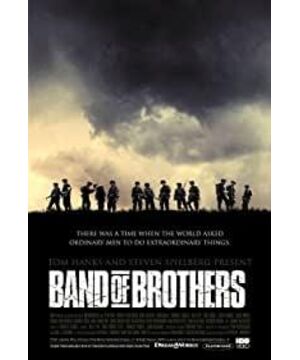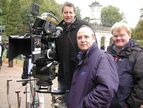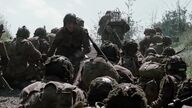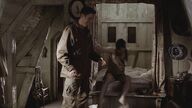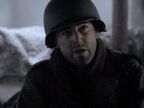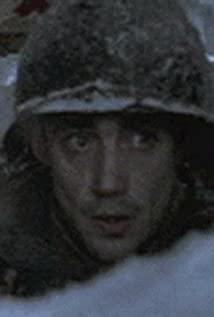Watching war dramas from childhood to big, of course, can also be called anti-Japanese dramas. As a result, apart from constantly cultivating national sentiment and hating "Little Japan", there is nothing else, and even derives from not buying Japanese goods, not reading Japanese books and so on. for. The "Brothers" war scenes accounted for almost 80%. The audience seemed to have been immersed in the endless explosions and painful wailing, and had a kind of personal hatred for the war. The domestically produced anti-Japanese drama seems to have misplaced the focus. The focus of our anti-Japanese drama is to constantly describe the Japanese army's ravages of our nation, killing my brothers, and raping the women of my good family. It keeps stimulating our nerves and educates us over and over again: Little Japan has no humanity, they are beasts. Constantly consuming this war of resistance against Japan and the feelings of the clan. Let us just get a little bit of Japanese stuff, and we hate our teeth. This is a bit indiscriminate. It weakens the rational thinking of the individual in the face of the strength of the righteousness of the clan. When he grows up, he has to constantly respond to certain resistance emotions in his heart when he comes into contact with the Japanese civilization. It can also be called anti-brainwashing. The point of "Brothers" is that the war is tragic, why should I do this, we should avoid it, we should not repeat the same mistakes, and we should not toss about it after a good life. Let us witness, think, think about why and why not. I think the latter approach is correct and beneficial to humans.
Many of the domestically produced anti-Japanese dramas have emotional plot settings. As the same race, they can indeed cause some emotional projections when watching them, but if you think about it, this is trivial, unprofessional, and unreal.
View more about
Band of Brothers reviews


